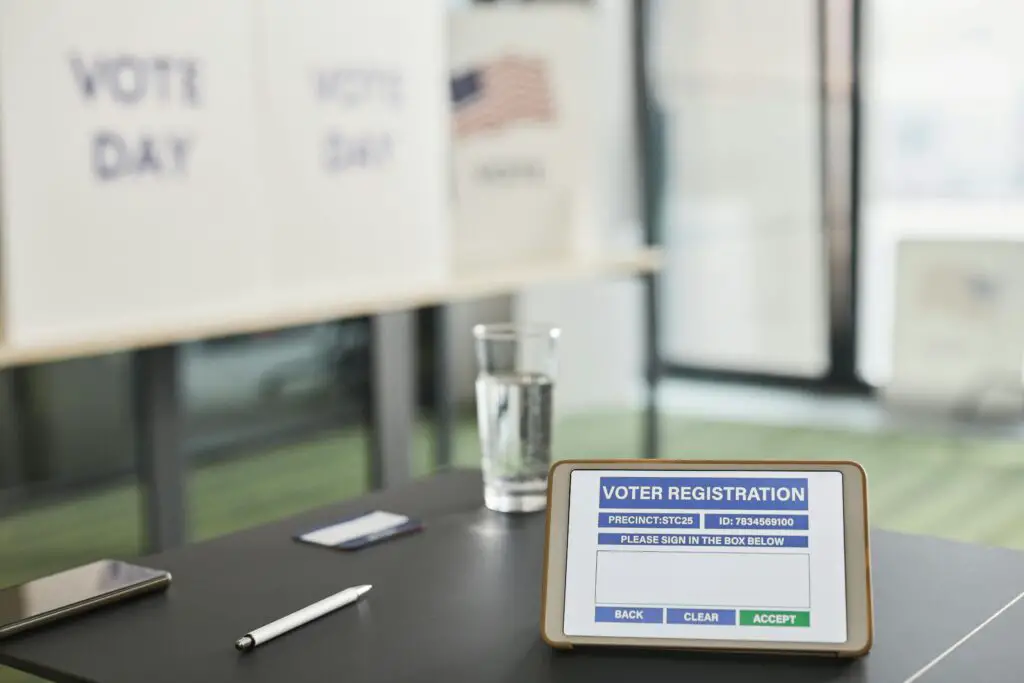Related Posts
Voting can be a hot-button issue in the United States. One of the many voting issues is how it is done. Different states have unique laws regarding what is allowed and not allowed regarding voting. Some states may rely on scanned in-person paper ballots for significant elections. Others may rely on direct recording electronic voting machines or DRE. The use of machines such as DREs can cause a lot of disagreements. Some of these agreements are so large in scale that they can be brought to the Supreme Court!
Recently, Arizona U.S. Senate candidate Kari Lake attempted to bring this issue to the Supreme Court during her run for Arizona governor in 2022. She also attempted to bring this same lawsuit to two lower courts, dismissing her claims. According to those courts, Lake had not been personally harmed in a way that warranted litigation, and her claims were unclear on how or why voting machines could cause voting issues.
After some time, the Supreme Court dismissed Lake’s case for similar reasons. This decision marks one of the first decisive acts to support electronic voting machine use.
What Are DREs?
As described, DREs (or direct recording electronic voting machines) are electronic devices that record an individual’s vote made in person at a voting office. They allow people to come in and input their information and voting choices. The machine saves the data and allows the next voter to use the same machine instantly.
DREs can be programmed to display multiple languages. Additionally, it reduces the use of paper and money used to produce paper ballots. Most importantly, they can instantly send voter data across voting centers.
Why Are People Afraid of Voting Machines?

As you likely gathered from the decisions made by the various courts in response to Kari Lake’s lawsuits, there aren’t many valid reasons why voting machines should be feared. Electronic voting machines are some of the only machines that meet the requirements for accessible voting. Thus, they allowed more people to vote, which was the goal of their universal implementation under the Help America Vote Act of 2022.
One of the main concerns that people have with DREs is security. Many fear that these machines can be hacked or tampered with. Additionally, they can sometimes cause delays and take longer than paper ballots. This is because each person needs to be at their machine and because technological issues can easily arise.
Conclusion
Ultimately, major voting authorities refute and disprove most of the concerns attributed to DREs. Many of these authorities note that hacking from outside sources is rare and that tampering usually requires someone to physically be at the machine, which is similar to tampering with paper ballots.
Additionally, many studies done on using DREs show that they are just one of the many things that can contribute to voting errors. In many cases, their issues pale compared to other major voting scandals. Additionally, their numerous benefits, such as voter accessibility, speed, and environmental sensibility, tend to outweigh their possible issues.

